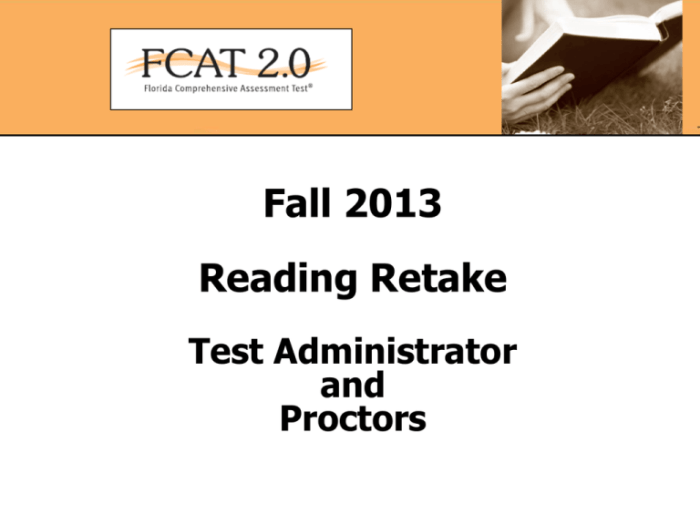The practice of administering scoring and interpreting an assessment tool – The practice of administering, scoring, and interpreting assessment tools is a critical component of any educational or psychological evaluation. It involves the systematic and standardized use of assessment tools to measure an individual’s abilities, skills, or knowledge. This process requires a deep understanding of assessment principles, ethical guidelines, and best practices to ensure reliable and valid results.
In this comprehensive guide, we will delve into the intricacies of assessment administration and interpretation, exploring the steps involved, discussing ethical considerations, and providing practical guidance for accurate and meaningful results.
1. Overview of Assessment Administration and Interpretation

The practice of administering, scoring, and interpreting assessment tools is crucial for evaluating individuals’ skills, knowledge, and abilities. Reliable and valid assessment practices are essential for making informed decisions in various settings, including education, healthcare, and employment.
Assessment tools can range from standardized tests to performance-based assessments. The choice of assessment tool depends on the specific purpose and context of the evaluation.
2. Administering Assessment Tools
Administering an assessment tool involves several steps:
- Preparing the testing environment
- Providing clear instructions to test takers
- Monitoring test takers during the assessment
- Maintaining the security and confidentiality of the assessment
Ethical considerations and best practices for test administration include respecting test takers’ rights, ensuring fairness and equity, and avoiding bias or discrimination.
3. Scoring Assessment Tools
Scoring assessment tools requires different methods depending on the type of assessment.
- Objective tests: Scored using answer keys or automated scoring systems
- Subjective tests: Scored by human raters using rubrics or checklists
- Performance-based assessments: Scored based on observable behaviors or products
Accurate and consistent scoring practices are essential to ensure the reliability and validity of the assessment results.
4. Interpreting Assessment Results, The practice of administering scoring and interpreting an assessment tool
Interpreting assessment results involves analyzing the scores and drawing meaningful conclusions.
- Comparing scores to norms or benchmarks
- Identifying patterns and trends in the data
- Making inferences about the test takers’ skills or abilities
Interpretation should be done in the context of the assessment purpose and the individual’s background and circumstances.
5. Reporting Assessment Results
Assessment results can be reported in various ways:
- Narrative reports
- Numerical scores
- Graphical representations
Clear and concise reporting practices ensure that the results are easily understood and useful for decision-making.
6. Ethical Considerations in Assessment
Ethical guidelines for administering, scoring, and interpreting assessment tools include:
- Protecting test takers’ privacy and confidentiality
- Avoiding bias and discrimination
- Ensuring informed consent and voluntary participation
Ethical considerations are paramount to ensure the integrity and fairness of the assessment process.
Clarifying Questions: The Practice Of Administering Scoring And Interpreting An Assessment Tool
What are the key ethical considerations in assessment administration?
Informed consent, confidentiality, respect for diversity, and minimizing bias are some of the key ethical considerations.
How can I ensure the accuracy and consistency of scoring practices?
Use standardized scoring procedures, train scorers thoroughly, and implement quality control measures to ensure inter-rater reliability.
What are the different methods for interpreting assessment results?
Norm-referenced interpretation, criterion-referenced interpretation, and ipsative interpretation are common methods used to interpret assessment results.

